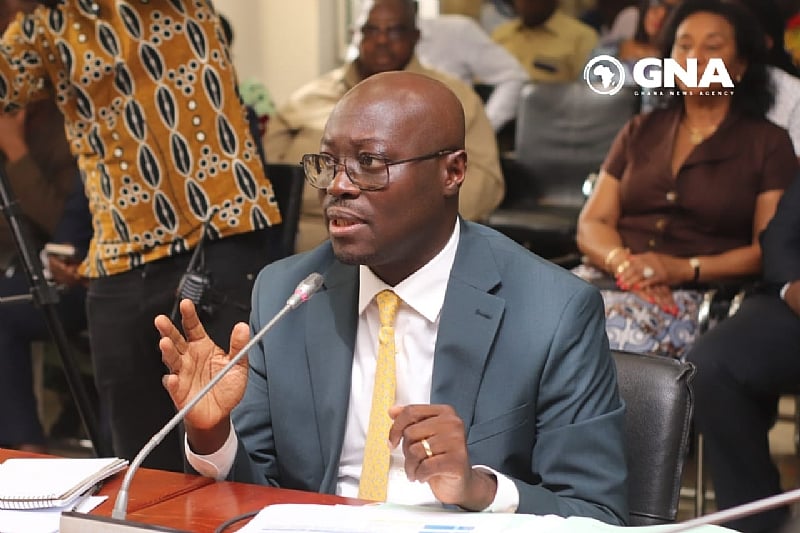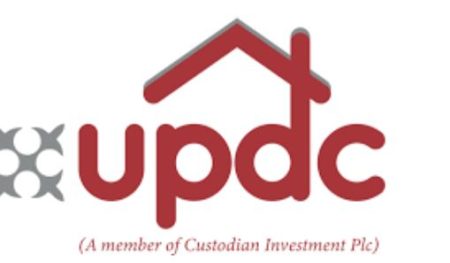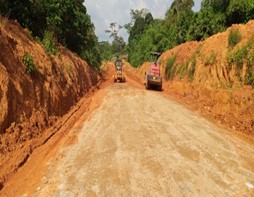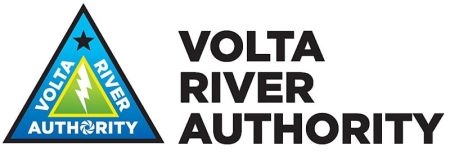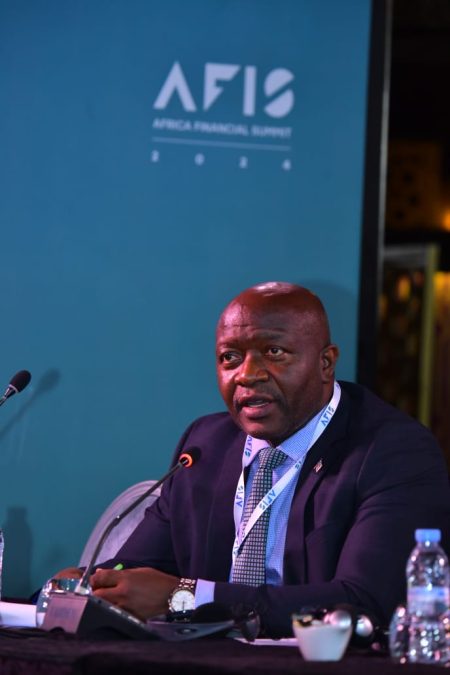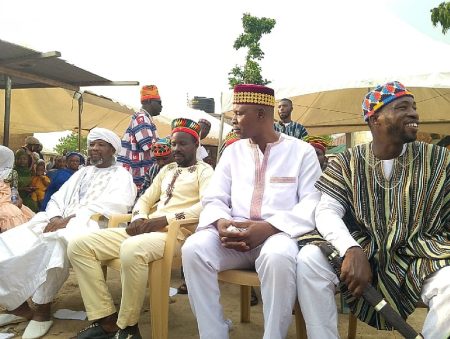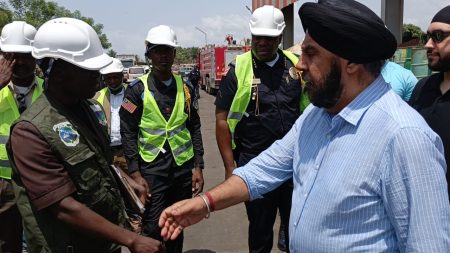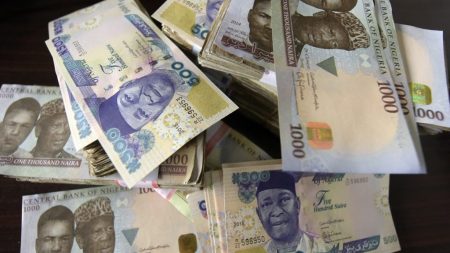The International Monetary Fund (IMF) recently concluded a mission to Ghana, expressing optimism about the country’s economic progress and reform efforts under the $3 billion Extended Credit Facility (ECF) program. Led by Mission Chief Stephane Roudet, the IMF team engaged with Ghanaian authorities, including President John Mahama, Finance Minister Dr. Forson, and Bank of Ghana Acting Governor Asiama, to discuss recent macroeconomic developments and preparations for the 2025 national budget. The mission aimed to assess Ghana’s progress on the ECF program and lay the foundation for continued collaboration on the upcoming budget, which is expected to prioritize fiscal consolidation, debt sustainability, and growth-enhancing strategies in the face of global economic uncertainties. The IMF commended the government’s commitment to reforms and expressed confidence in its efforts to stabilize public finances and restore macroeconomic resilience. A successful review of the ECF program in April could release further financial support to Ghana.
The IMF mission’s visit signifies a crucial step in Ghana’s ongoing engagement with the international financial institution. The discussions centered around the country’s economic performance and the government’s commitment to the reform agenda outlined under the ECF program. This program, established to support Ghana’s economic recovery and stability, requires adherence to specific fiscal and structural benchmarks. The IMF team’s assessment of Ghana’s progress against these benchmarks will be critical for the upcoming fourth review scheduled for April. A positive outcome of this review would unlock further disbursements under the ECF, providing vital resources to address the country’s fiscal challenges and bolster its economic recovery efforts.
The IMF’s engagement with various stakeholders, including government officials, civil society organizations, and representatives from the Bank of Ghana, underscores the collaborative nature of the ECF program. These discussions provided an opportunity to assess the impact of the program and to gather input on the formulation of the 2025 national budget. The budget’s focus on fiscal consolidation, debt sustainability, and growth-enhancing measures reflects the shared commitment to strengthening Ghana’s economic resilience and fostering sustainable development. The IMF’s positive assessment of the government’s efforts reinforces the importance of continued dialogue and collaboration to ensure the successful implementation of the ECF program.
Fiscal consolidation, a key focus of the upcoming budget discussions, aims to reduce government spending and increase revenue collection to address fiscal imbalances. This involves implementing measures to improve tax administration, broaden the tax base, and rationalize public expenditure. Achieving debt sustainability is another crucial objective, requiring strategies to manage and reduce Ghana’s public debt burden. This involves implementing prudent borrowing policies, enhancing debt management practices, and promoting economic growth to generate resources for debt repayment. Simultaneously, promoting growth-enhancing measures is essential for creating jobs, increasing incomes, and improving living standards. These measures might include investments in infrastructure, human capital development, and promoting private sector growth.
The IMF’s optimism about Ghana’s economic trajectory is grounded in the government’s commitment to the ECF program and the progress made in implementing key reforms. The government’s efforts to stabilize public finances, restore macroeconomic resilience, and promote sustainable growth are critical for securing further financial support from the IMF. A successful completion of the April review will demonstrate Ghana’s commitment to the program objectives and pave the way for continued collaboration with the IMF in achieving its economic goals.
The IMF’s engagement with Ghana highlights the importance of international cooperation in supporting developing countries facing economic challenges. The ECF program provides crucial financial assistance and technical expertise to help Ghana navigate its economic recovery and build a more resilient and sustainable economy. The ongoing dialogue and collaboration between the IMF and Ghanaian authorities are essential for ensuring the successful implementation of the program and achieving the shared objectives of fiscal consolidation, debt sustainability, and inclusive economic growth. The IMF’s continued support and engagement will play a vital role in bolstering Ghana’s economic prospects and promoting its long-term development.





